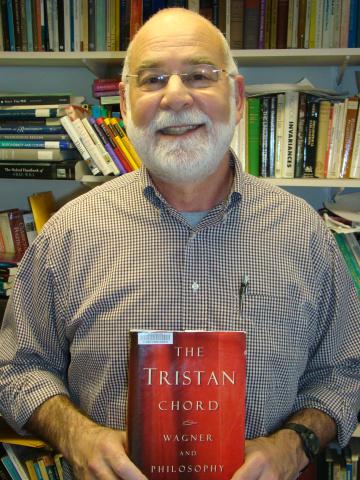
More than any other of the great opera composers, Wagner studied philosophy, and he was greatly influenced by the main philosophical currents of mid-19th century Germany. Three philosophers in particular had an effect on his thinking and his work: Feuerbach, Schopenhauer and Nietzsche, although the latter was perhaps more the influenced than the influencer. But Wagner was not a scholar (although he was a prolific writer) and his philosophical ideas found expression in his operas more than in the books and tracts that he wrote. Opera, of course, is more than just words and music, more than just the sum of its parts. A good opera must have a good libretto but the words cannot stand by themselves as words do in a play. In an opera the words find their expression in the music. Since Wagner was his own librettist, the melding of ideas, words and musical expressiveness found in his operas perhaps surpasses all other. Or so Magee believes. Magee, a sometime academic, politician, musicologist, critic, broadcaster and popularizer of philosophy, brings together in this book two of his central interests, Wagner’s operas and Schopenhauer’s philosophy, in an attempt to explore how the latter finds expression in the former. The book also works to some degree as an intellectual and political biography of Wagner, who certainly lived an interesting and controversial life (there is an appendix on Wagner’s notorious anti-Semitism). Magee gives all this rich material a somewhat popularizing treatment, so the book will not be entirely satisfying to a reader with a deep background in either opera or philosophy. But that cavil aside, there is much to be learned and enjoyed in Magee’s explorations of opera as philosophy and philosophy as opera.


That book was made for you!